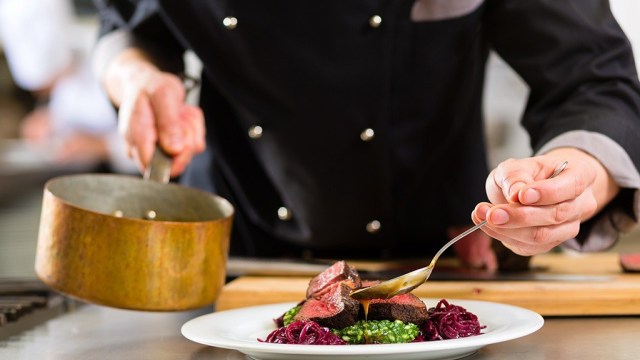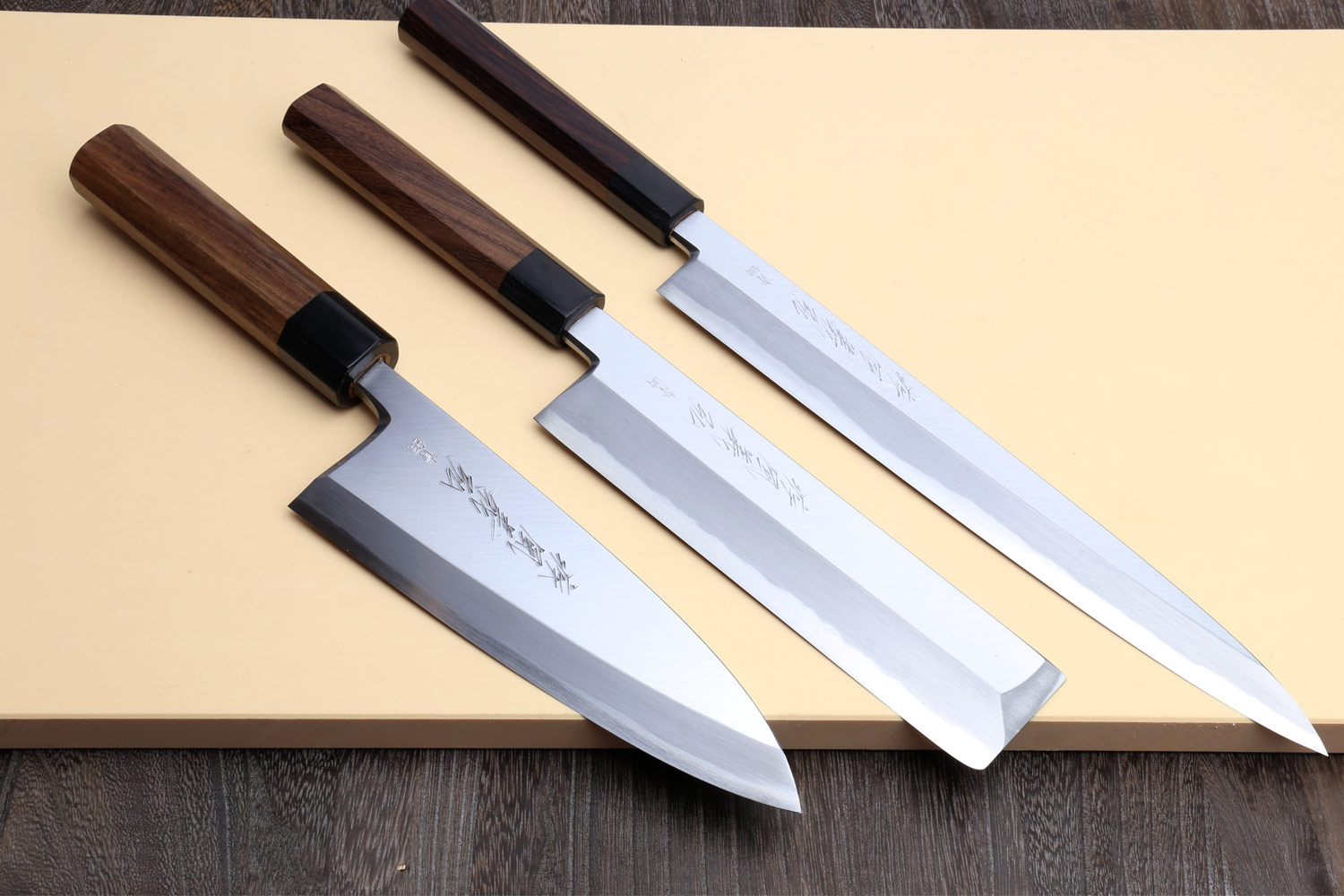
Becoming a chef is a dream shared by many individuals with a passion for the culinary arts. The world of culinary excellence is a dynamic and rewarding field, but it demands dedication and a commitment to continuous learning and improvement. To embark on this culinary journey, one must undergo specific training and gain a deep understanding of various aspects of the profession. For example, you would also need to know about different types of wines and liquors such as the right brandy for sangria. This article delves into the training requirements and skills necessary to become a chef, offering an in-depth exploration of the diverse pathways to culinary success.
Culinary School Education:
One of the most traditional routes to becoming a chef is through formal culinary education. Culinary schools offer a structured curriculum that covers a wide range of culinary techniques and skills. These programs usually lead to diplomas, certificates, or degrees in culinary arts. Students can choose from a variety of programs, including short courses, culinary certificates, associate’s degrees, and bachelor’s degrees, depending on their career goals and the time they are willing to invest.
In culinary school, students learn the fundamentals of cooking, such as knife skills, food safety, and sanitation, and are exposed to various cuisines and cooking methods. They also gain an understanding of kitchen management, menu planning, and the business side of the culinary industry. This structured education equips aspiring chefs with a strong foundation upon which they can build their careers.
On-the-Job Training:
While formal culinary education is valuable, many successful chefs have also honed their skills through on-the-job training. Apprenticeships and entry-level positions in restaurants, hotels, or catering establishments can provide invaluable hands-on experience. This type of training offers a unique opportunity to work in real kitchen environments, learn from experienced chefs, and develop a deep understanding of the culinary industry’s fast-paced and often demanding nature.
On-the-job training can also help aspiring chefs specialize in specific areas of the culinary arts, such as pastry, baking, or gourmet cuisine. Over time, they can rise through the ranks, gaining the experience necessary to become executive chefs or open their own restaurants.
Culinary Certifications:
In addition to formal education and on-the-job training, aspiring chefs can pursue culinary certifications to enhance their qualifications. These certifications often focus on specific skills, cuisines, or techniques. For instance, a chef interested in mastering the art of sushi might seek certification as a sushi chef. Certifications not only showcase a chef’s expertise in a particular area but also demonstrate a commitment to professional growth.
Prominent certifications include those offered by organizations such as the American Culinary Federation (ACF), which grants various certifications like Certified Executive Chef (CEC) and Certified Pastry Culinarian (CPC). These certifications can be an essential credential in the culinary world, opening doors to higher-paying positions and more prestigious restaurants.
Continuing Education:
Culinary training is a lifelong journey, and even accomplished chefs continue to refine their skills and stay updated with industry trends. Continuing education can involve attending workshops, seminars, or culinary classes. It’s an opportunity to learn about new cooking techniques, ingredients, and flavors. It’s also a chance to network with other professionals in the field.
The Culinary Institute of America (CIA) and Le Cordon Bleu, among others, offer advanced and specialized programs for experienced chefs seeking to expand their knowledge. Continuing education helps chefs remain innovative and competitive, which is particularly important in an industry where customer tastes and preferences evolve rapidly.
Personal Qualities and Soft Skills:
Becoming a chef requires not only technical skills but also a range of personal qualities and soft skills. Attention to detail, creativity, time management, and adaptability are just a few of the characteristics that can make a chef successful. The ability to work well under pressure and handle stress is vital in a fast-paced kitchen environment.
Furthermore, chefs need strong communication and leadership skills to manage kitchen staff effectively. They must be able to articulate their vision and expectations to the team, ensuring that dishes are prepared consistently and to the highest standards.
Becoming a chef is a rewarding journey that demands a combination of formal education, on-the-job training, culinary certifications, and ongoing personal and professional growth. While culinary school can provide a structured foundation, many chefs also acquire essential skills and experience through apprenticeships and hands-on work in kitchens. Culinary certifications demonstrate expertise in specific areas, and continuing education ensures that chefs stay at the forefront of industry trends.
In the culinary world, success is not just about cooking skills but also about personal qualities and soft skills that contribute to efficiency and excellence in the kitchen. Chefs must be creative, adaptable, and capable of managing stress and leading a team.
To be a chef is to embark on a lifelong learning journey. Whether you choose a formal education, on-the-job training, or a combination of both, the path to becoming a chef is filled with opportunities for growth, discovery, and the creation of culinary masterpieces. So, if you’re passionate about food and eager to create memorable dining experiences, the culinary world might be the perfect place for you to pursue your dreams.










